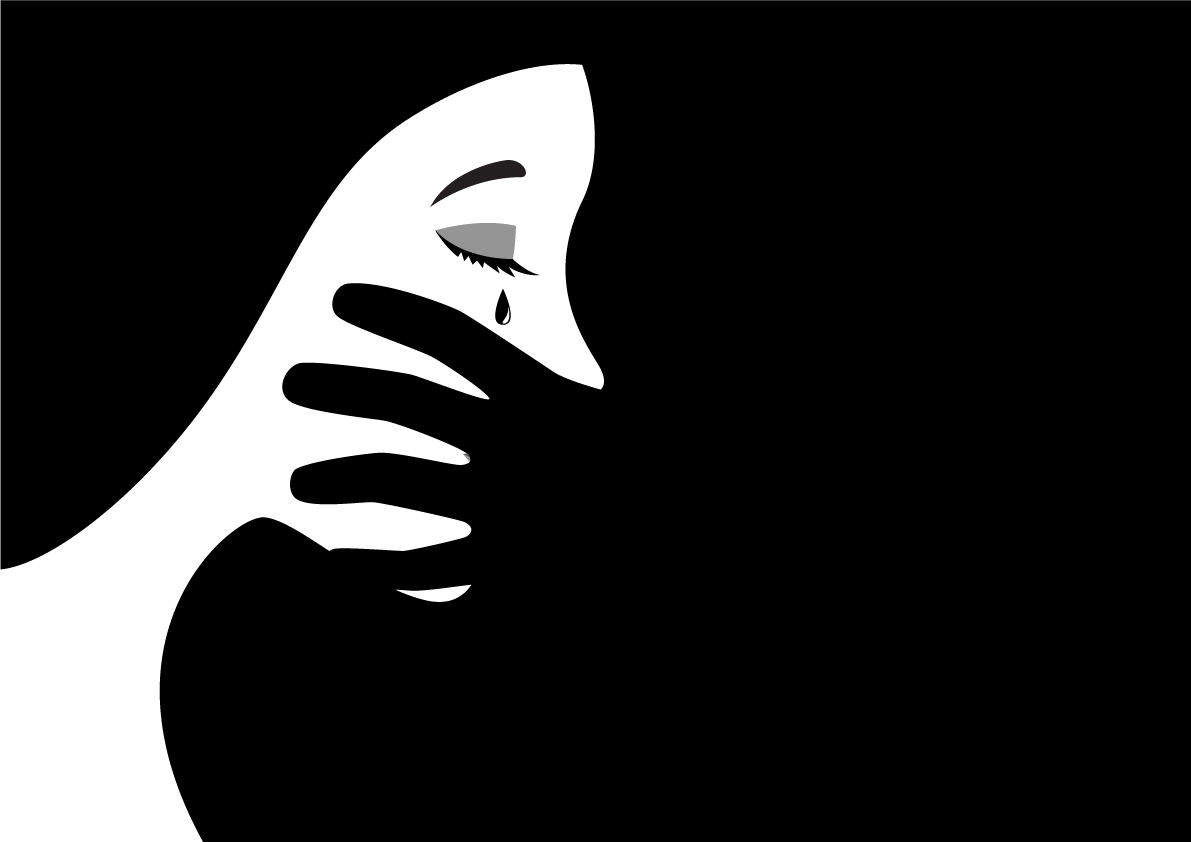A troubling story is unfolding in the aviation industry. Sarah Budd, a former SkyWest Airlines employee, bravely shared her experience of sexual harassment by colleagues at Dallas-Fort Worth International Airport. She courageously spoke up about the crude and demeaning behavior she faced in a mostly male department. Sadly, her calls for help from her bosses were ignored.
On her first day, a co-worker asked if she “liked whips and chains and leathers,” suggesting she’d fit in well if she did. Over the months, she endured countless off-color jokes and comments. “They didn’t seem to care if I was uncomfortable,” she told the jury. “In fact, it only spurred them on more. … It’s like they enjoyed my discomfort.”
Her male colleagues hid behind crude jokes and inappropriate comments, creating a toxic environment that left her feeling unsafe and isolated. Despite her attempts to report the harassment, her supervisor took no immediate action, highlighting an uncaring culture.
Title VII of the Civil Rights Act of 1964 clearly prohibits such harassment, and SkyWest Airlines failed to manage Budd’s case properly, violating this law. It’s a grim reminder of the struggles women face at work, where their concerns often go unheard.
“Ms. Budd had over a decade of experience at SkyWest and before the sexual harassment occurred and had intended to retire there,” said Alexa Lang, a trial attorney in the EEOC’s Dallas District Office. “All Ms. Budd wanted was to be heard and to stop this from happening to other women. The jury heard her. We hope the verdict sends a message to SkyWest and other employers that they must take responsibility for making sure their workplaces are free from sexually hostile conduct. Everyone deserves to feel safe at work.”
Taking her case to court, the jury awarded Sarah $2.17 million for the trauma she endured. However, an outdated provision in the Civil Rights Act of 1991 reduced this to just $300,000, the maximum for companies with over 500 employees. This unfair cap undermines the real harm victims suffer.
Efforts are underway to fix these disparities with the Equal Remedies Act of 2024. If passed, this law will eliminate damage caps in employment discrimination cases, offering more fair remedies for victims.
Despite the emotional turmoil, Sarah’s resilience led to a unanimous verdict from the Dallas jury, finding SkyWest Airlines guilty of harassment and inaction.
For those facing similar situations, remember you’re not alone. An experienced employment lawyer, especially one familiar with sexual harassment cases, can be a huge help. A committed lawyer can even take your case to the U.S. Supreme Court. Standing up against discrimination and injustice isn’t easy, but with the right legal support, victims can reclaim their dignity and peace.

